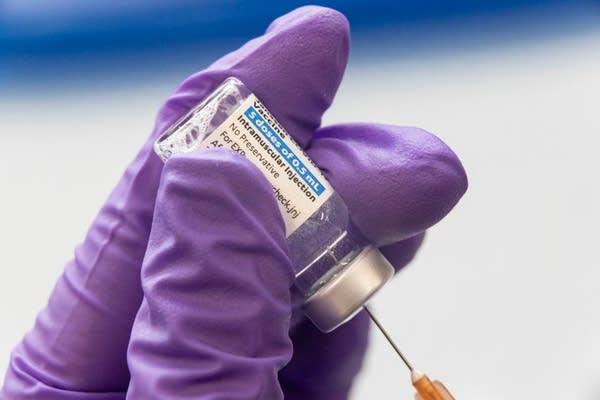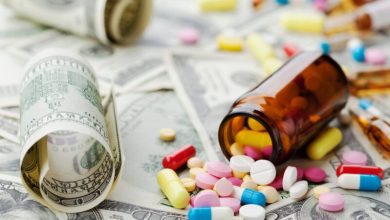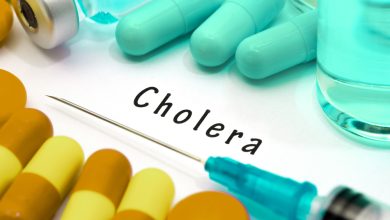Iran’s Food and Drug Administration Responds to Rising Vaccine Prices: Currency Policy Shift to Blame

Following public concern over the rising prices of certain imported medicines and vaccines, Iran’s Food and Drug Administration (FDA) has attributed the increase to a change in foreign exchange policy. Officials argue that the new system aims to eliminate market distortions and ensure fairer access for genuine patients.
According to Mehr News Agency, Dr. Seyed Behzad Fatemi, Deputy Director for Planning at the FDA’s Department of Medicines and Controlled Substances, explained that the primary driver of the price hike was the transition from preferential foreign exchange rates to the NIMA exchange system.
He noted that under the previous policy, medicines were imported with subsidized foreign currency. While this kept prices artificially low, it also led to restricted supply, reduced diversity of imported drugs, and ultimately limited patient access. “Low official prices and limited distribution meant that some medicines did not reach patients at all and remained within the supply chain, creating rent-seeking opportunities and unfair distribution,” Fatemi said.
He stressed that vaccines provided through the Ministry of Health to target groups remain free of charge. The new policy, he added, has already facilitated the import of millions of medicine units into the country.
Fatemi underlined that the recent increase in vaccine and drug prices reflects the true cost of imports and follows FDA’s regulated pricing guidelines. “This policy is designed to guarantee access to essential medicines for high-risk and vulnerable groups, while ensuring a more transparent and equitable distribution,” he concluded.




